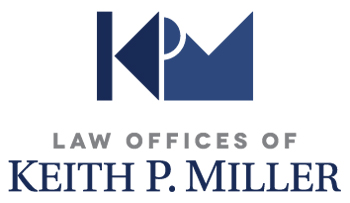Wills & Probate Law
The death of a loved one is a stressful and tragic event. Unfortunately, this difficult time can be made even more unsettling by the necessity of dealing with the assets and debts of the deceased.
As attorneys with experience in assisting clients with the administration of estates, we’re here to help you get through this process with a minimum of difficulty.
If the deceased had a will, the probate process can be relatively straightforward and inexpensive. Even for larger estates, probate is rarely the nightmare that some stories make it out to be. “Probate” is derived from a latin term that means “to prove the will”. Once a will is probated, the duly appointed executor of the estate is charged with paying the debts of the estate and distributing the remaining assets according to the terms of the will.

When a person dies intestate, the distribution scheme is established by the Texas Estates Code and the process is more complex. You need to be sure that the attorneys you select have the experience to guide you through the range of options available for dealing with the estate of a person leaving no will. Those options include affidavits of heirship, small estate affidavits and formal heirship proceedings. Each of these options carries certain requirements and qualifications, and all have their pitfalls.
You can read more about probate and the laws pertaining to intestacy on the Texas Inheritance Lawyers website. Call us for a consultation concerning your probate or estate planning needs at (210) 524-9040.
